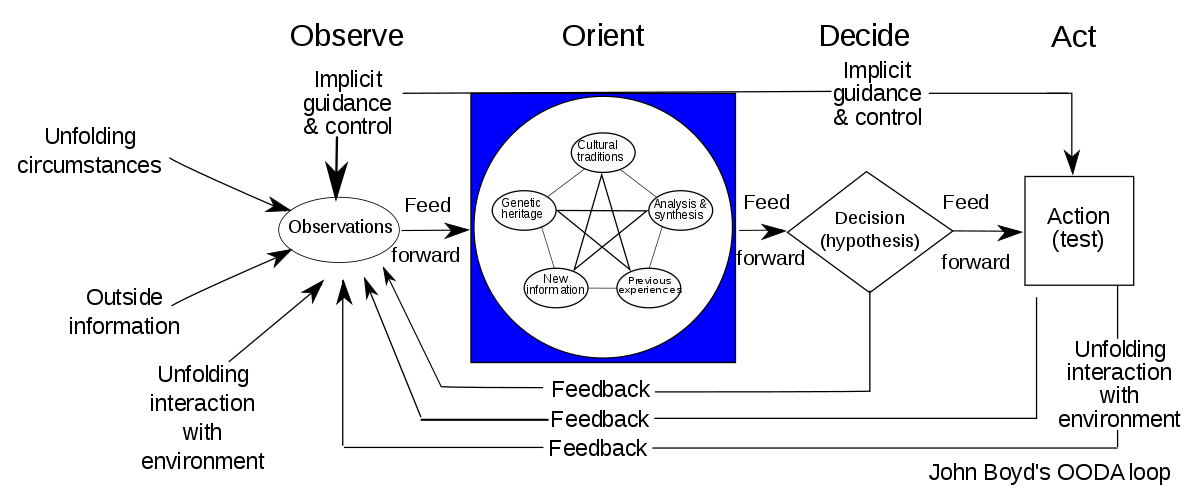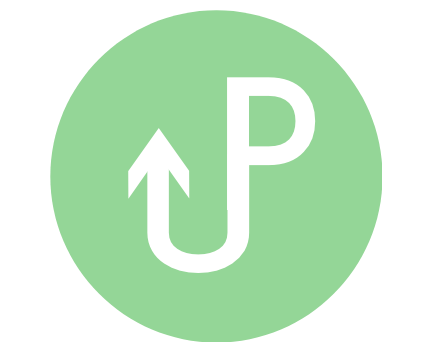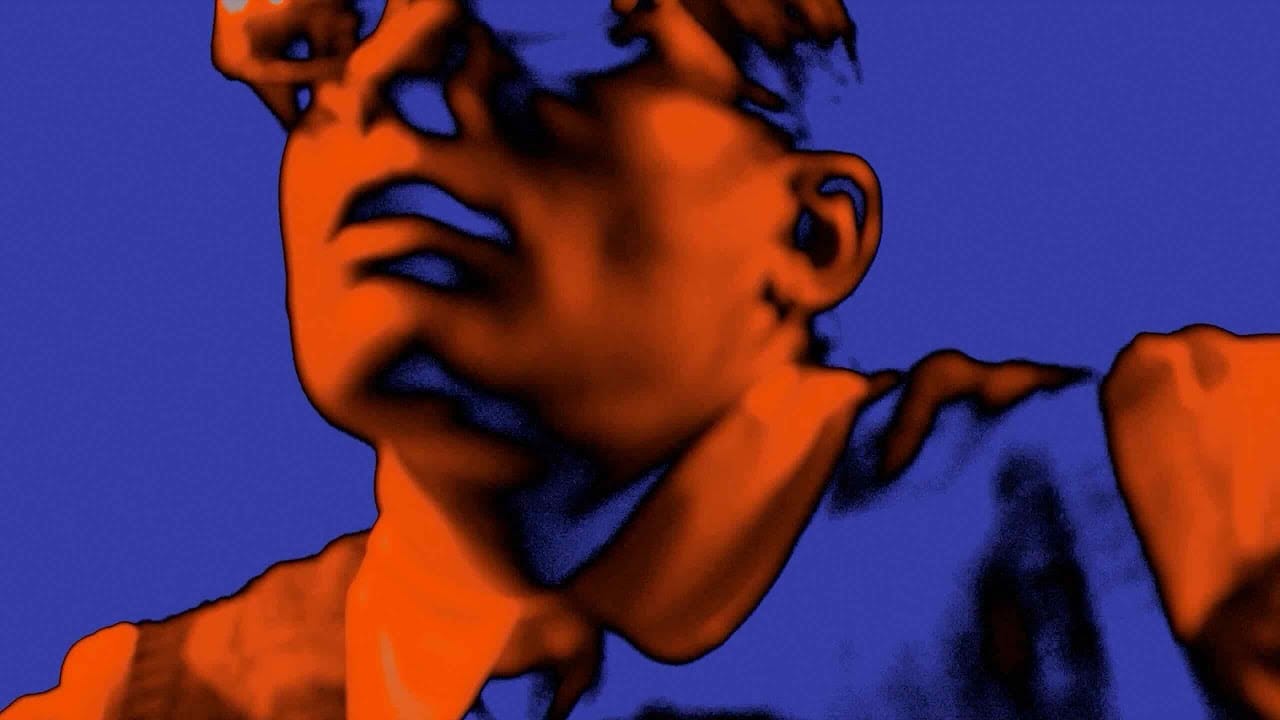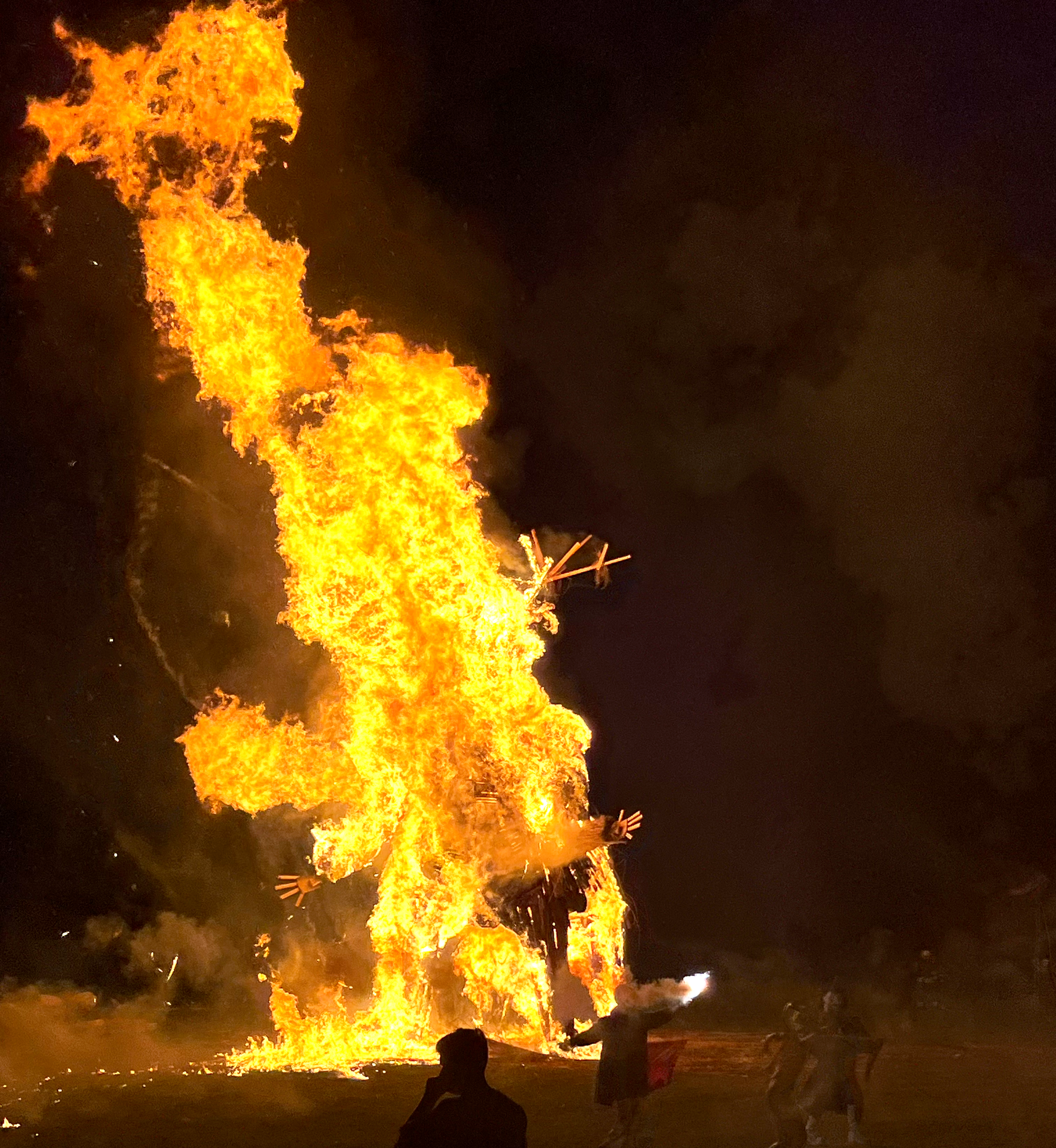Observe, Orient, Decide, ACT

OODA: Observe -Orient-Decide-Act
This week in the army I was reminded of the relevance of the OODA loop. We had to organise the manoeuvres of the whole platoon and not only our squads. The difference of people involved is more than threefold. That is why everything moved three times slower and was overall less efficient. Time cost us more than one triumph.
The OODA loop breaks down the way all decisions are (supposedly) made. First one has to Observe then based on that Orient, Decide and finally Act. It is a feedback loop, at every step, you can go back to observing due to new circumstances. This model has been drawn from manoeuvre warfare but can also be used in contexts other than the military.

Initially, the model was made to train soldiers to make time-sensitive decisions. To successfully use the model, one must complete the loop before the opponent. If you act before your opponent you reset their OODA loop and they return to square one. It is better to act than to react, if you react you are not in control.
In the civil world, the pressure is not the same. That is a good thing — I live in a country that is not at war. It is a privilege. Yet the pressure of "I gotta do this thing right or my whole squad is dead" hits different. There are a lot less grey areas in those cases. Things are very much black and white. Somewhat refreshing, somewhat scary.
So maybe to make ourselves better decision-makers in the civil world we need to generate some kind of competition. I have always liked the idea of competing with yourself and not comparing yourself to others. Yet I have come to find out here in the army that it is beneficial to have an opponent. Having that competing force helps us push ourselves upwards even more.
On Tuesday, I was caught off guard by the terrain and made a questionable decision based on a lack of information. We were also confronted with other unforeseeable circumstances, but what I took away from that day was that I needed to do a deeper analysis of the place we were headed to. The following two days, I spent a minimum of thirty minutes analysing the terrain relief, the forest types and the roads in the area.
Why is this relevant? In this case, knowing the area I am headed to well gives me an advantage. Simply reading the map already gives the opponent’s probable action plan. Thus I can think through OODA loops for different occasions to make decisions faster. As I said in "Just In Case", it is not overthinking, it is outthinking.
To conclude, the OODA loop in itself is not what will make your decisions faster. That being said, breaking down any process can be helpful to achieve a deeper understanding of it and understanding decision-making can help us make it more efficient.
This Week's Suggestions:
📝 Good article about the OODA loop:
If you want to read more in depth about the OODA loop this article is a very thorough one. It is not too long either so give it a read if you have a moment!
I discovered Malugi somewhat randomly. He made a label with Marlon Hoffstadt who I am a big fan of. That’s all I knew about the dude — he made a label with a dude whose music I enjoy. Then some clips of this set appeared in my social feeds on multiple occasions. Every time I was captivated. So this Saturday I watched the whole thing on the big screen not once but twice.
That’s enough for this Monday!




